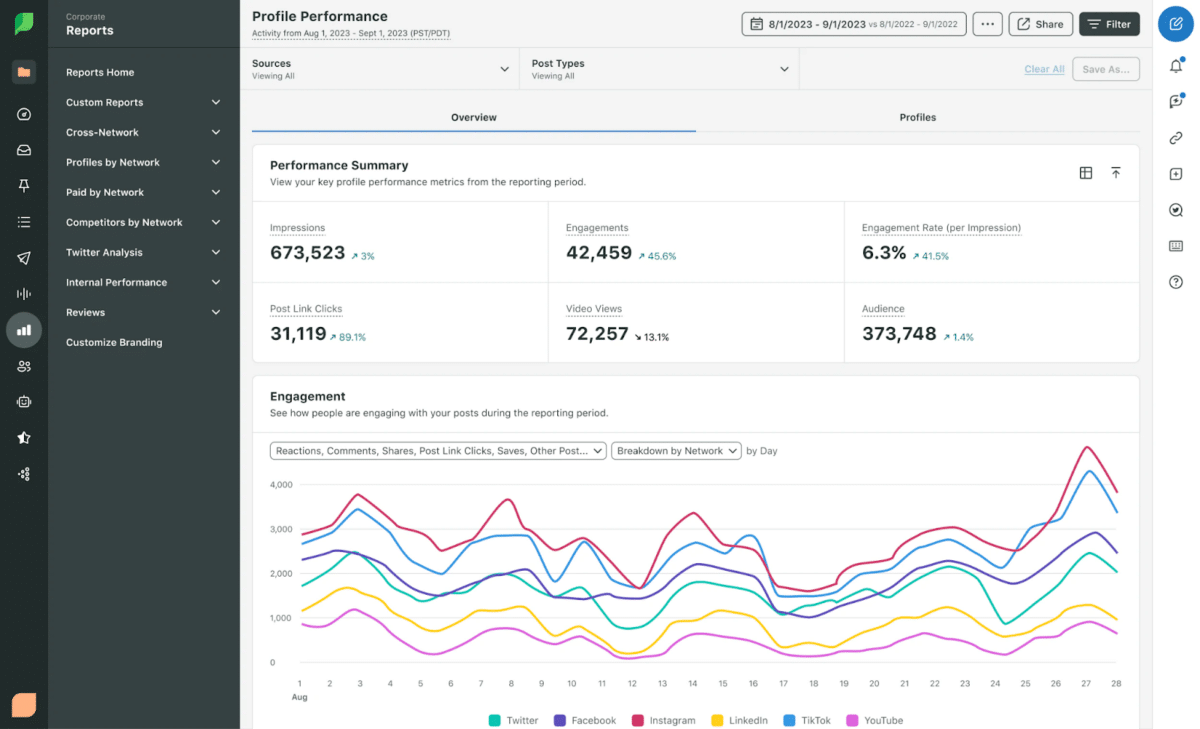
Kaylee Strozyk is a freelance real estate contributor for The Close and Fit Small Business. Her real estate experience includes investing and flipping properties, and she also works closely with real estate agents and brokerages to grow their businesses through strategic online marketing and education. See full bio
Reviewed by Table of ContentsReal estate data analytics is a fancy-sounding term that is actually quite simple and extremely useful for real estate professionals. Data in real estate can cover a wide variety of topics, from demographics to a property’s sales history to a website’s performance. Let’s define real estate data analysis and cover some examples of how it will help you grow your business.
Real estate data analytics is an umbrella term that describes using different types of data to make better business decisions. It includes collecting data, analyzing it, and applying it. Data can be gathered, analyzed, and even applied manually or using a real estate tech tool.
Real estate professionals often use data and analytics even more than they think in their day-to-day work. The term “data analytics” might sound like complex, highly advanced technology—and sometimes it is. Other times, it actually describes tasks and processes that agents have used for decades.
A few examples of data analytics in real estate include the following:

The biggest benefit of gathering data in real estate isn’t just the data—it’s the ability to leverage the information to make intelligent, educated decisions for your business. Website visits, social interactions, email activity, and real estate portals generate great data, but you must know how to translate that data into strategic business decisions. A few of the main benefits of using data in real estate include the following:
Many people publish a real estate website and then barely look at the site’s performance. However, learning to understand the analytics will help you see things like:
With this valuable information, you can change your website to guide viewers to the right places and ultimately generate more leads. These updates could include refreshing search engine-optimized keywords to target the right audience, adding alternative text to images to make your site more accessible, and ensuring your site is optimized for mobile.
By incorporating additional tools, you can even further leverage the power of real estate data analysis to generate and nurture new leads. An example of this is Homebot, a predictive analytics tool that allows website visitors to see the estimated value of their home automatically. It also provides additional tools for different types of leads or website visitors, like home buyers and homeowners looking to maximize the value of their homes.

The platform gathers data from the user’s behavior and generates customized landing pages for each type of visitor. Learn more about Homebot in our review.
It’s no secret that social media can be a massively powerful strategy to grow a real estate business. While Instagram, Facebook, and other real estate social networks will provide basic analytics for users with business accounts, you can make a huge impact by leveraging data from social media.
For example, one real estate brokerage started focusing on its social media data and saw a 100% increase in monthly website visitors and a 10% increase in clicks from its campaigns. Instead of guessing what your audience wants to see and manually posting content, use social media marketing tools to gain more insight and automatically improve your techniques.
Social media analytics can help you determine:

There are many different areas of real estate analytics, from marketing to economics and demographics. As you learn how to successfully use data in real estate, consider investing in some of the best tools for gathering, organizing, interpreting, and applying valuable insights.
A few of the best real estate data analytics tools include the following:

Zillow publishes valuable data for the real estate industry and provides many tools to help agents build their businesses. Realtors who become Zillow Premier Agents get to connect with buyer leads directly from the platform, and since Zillow is the most popular real estate website, this is an ideal way to generate leads. Learn more about Zillow Premier Agent in our review.
Data is used in real estate in many ways, like assessing changes in the housing market, helping agents effectively sell properties, and revealing the most effective marketing strategies.
There are many sources of reliable data in the real estate industry. Use well-known sources like Zillow, Redfin, or the National Association of Realtors (NAR) for information about the housing market. For marketing-specific data, choose real estate marketing companies that provide detailed analytics about your content.
First, make sure you choose a real estate analytics tool that provides highly relevant information to your business, your clientele, or your marketing strategies. For example, property management software will give you great information about the rental market, but that doesn’t help most residential real estate agents serve homebuyers or sellers.
Data is a huge part of real estate; the most successful agents learn how to leverage it to build a strong business. Real estate data analysis can help you serve your clients better, reach new leads, understand the real estate market, customize and automate your marketing strategy, and close more sales—there are almost no limits! How will you use data to move your business forward?
Kaylee StrozykKaylee Strozyk is a freelance real estate contributor for The Close and Fit Small Business. Her real estate experience includes investing and flipping properties, and she also works closely with real estate agents and brokerages to grow their businesses through strategic online marketing and education.